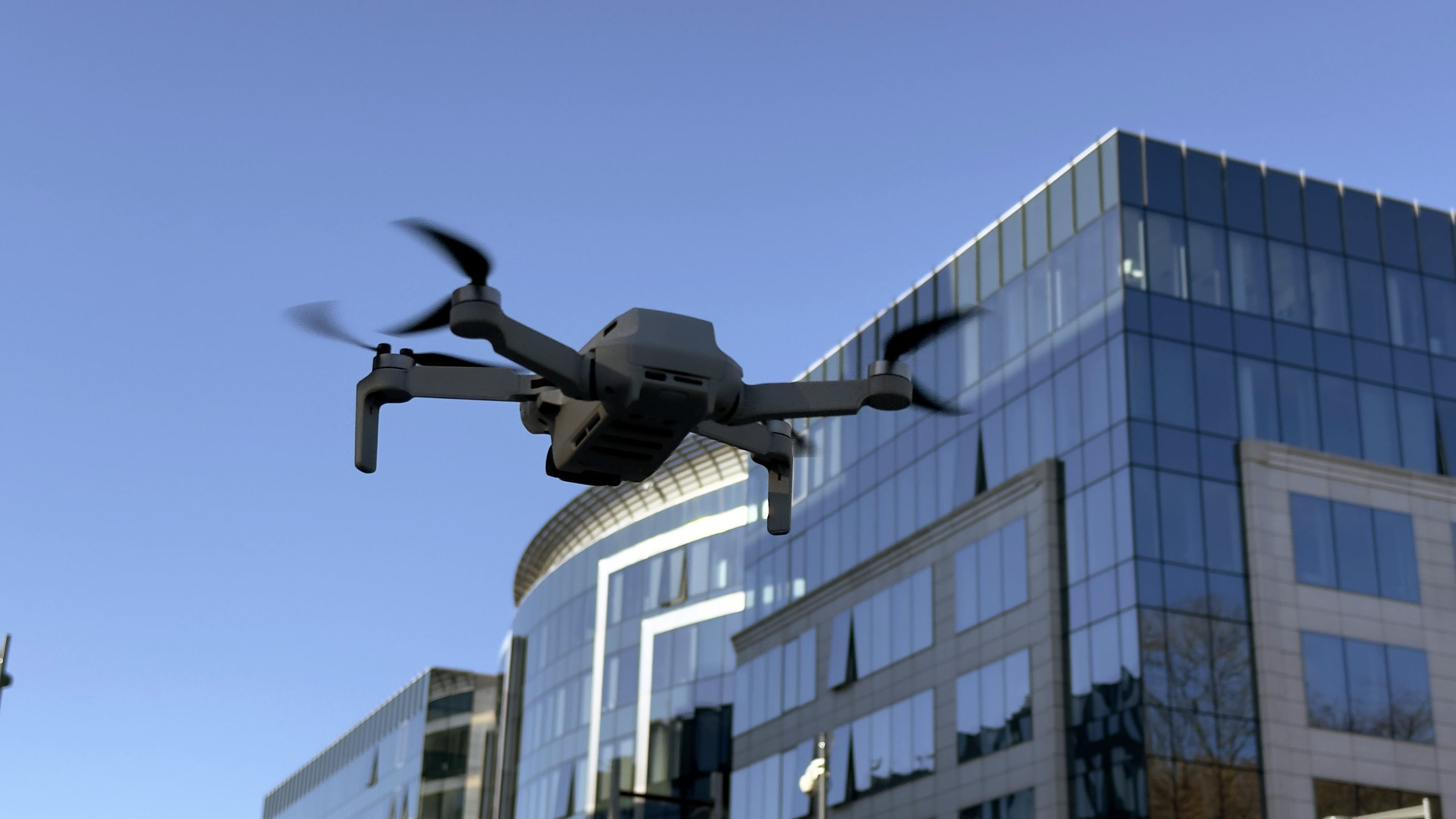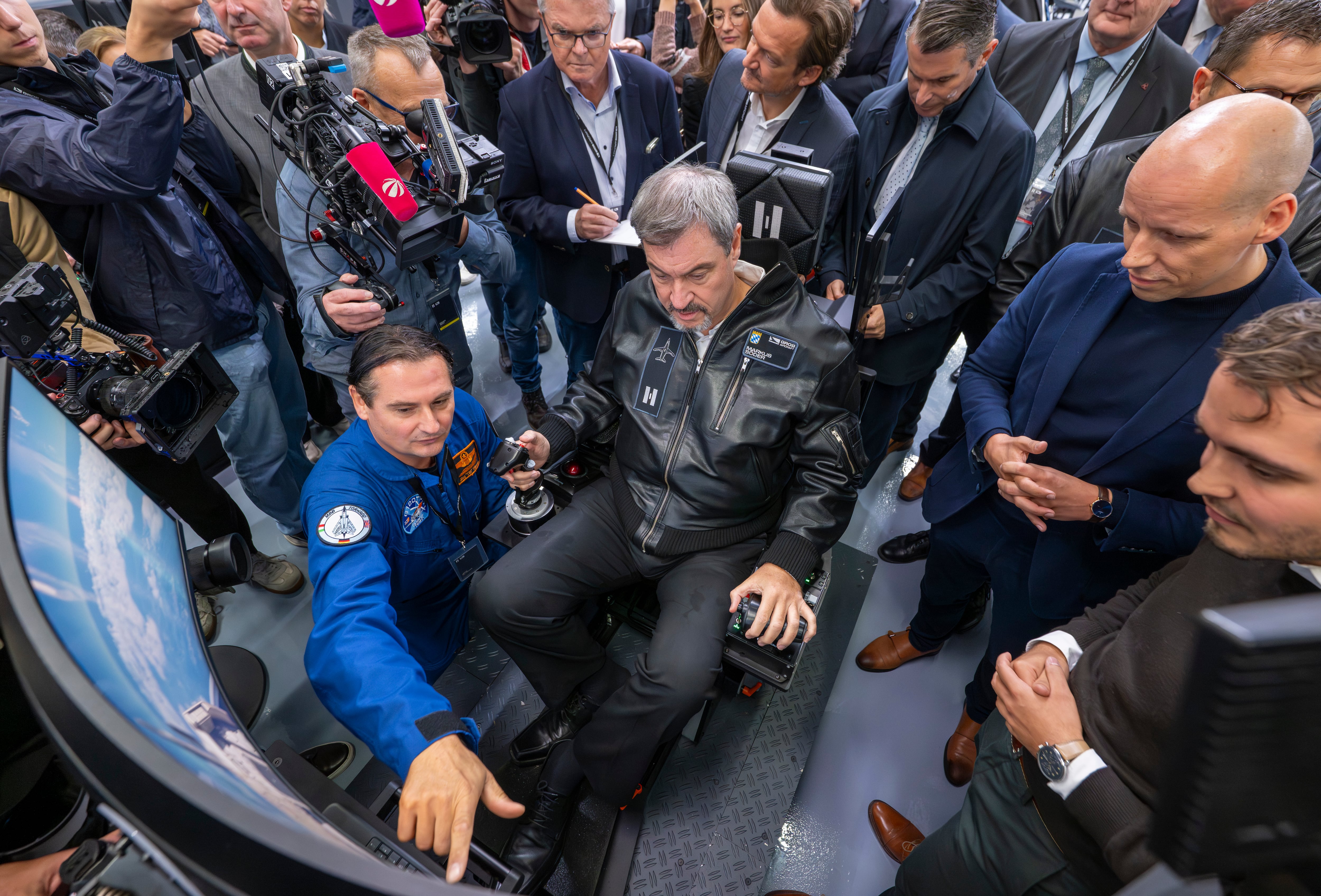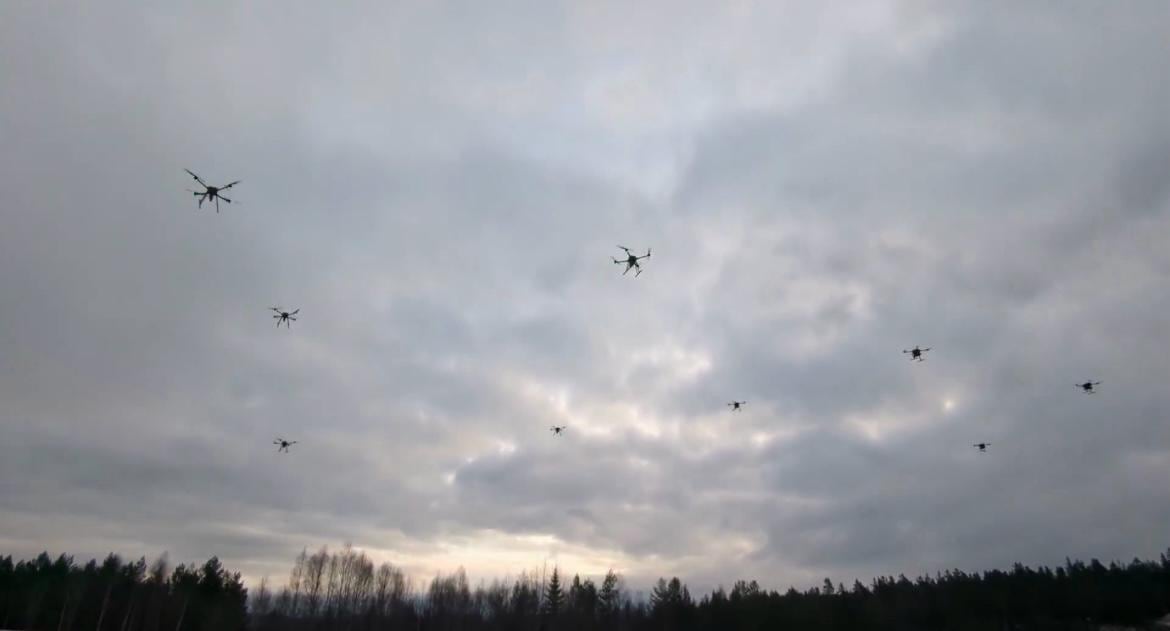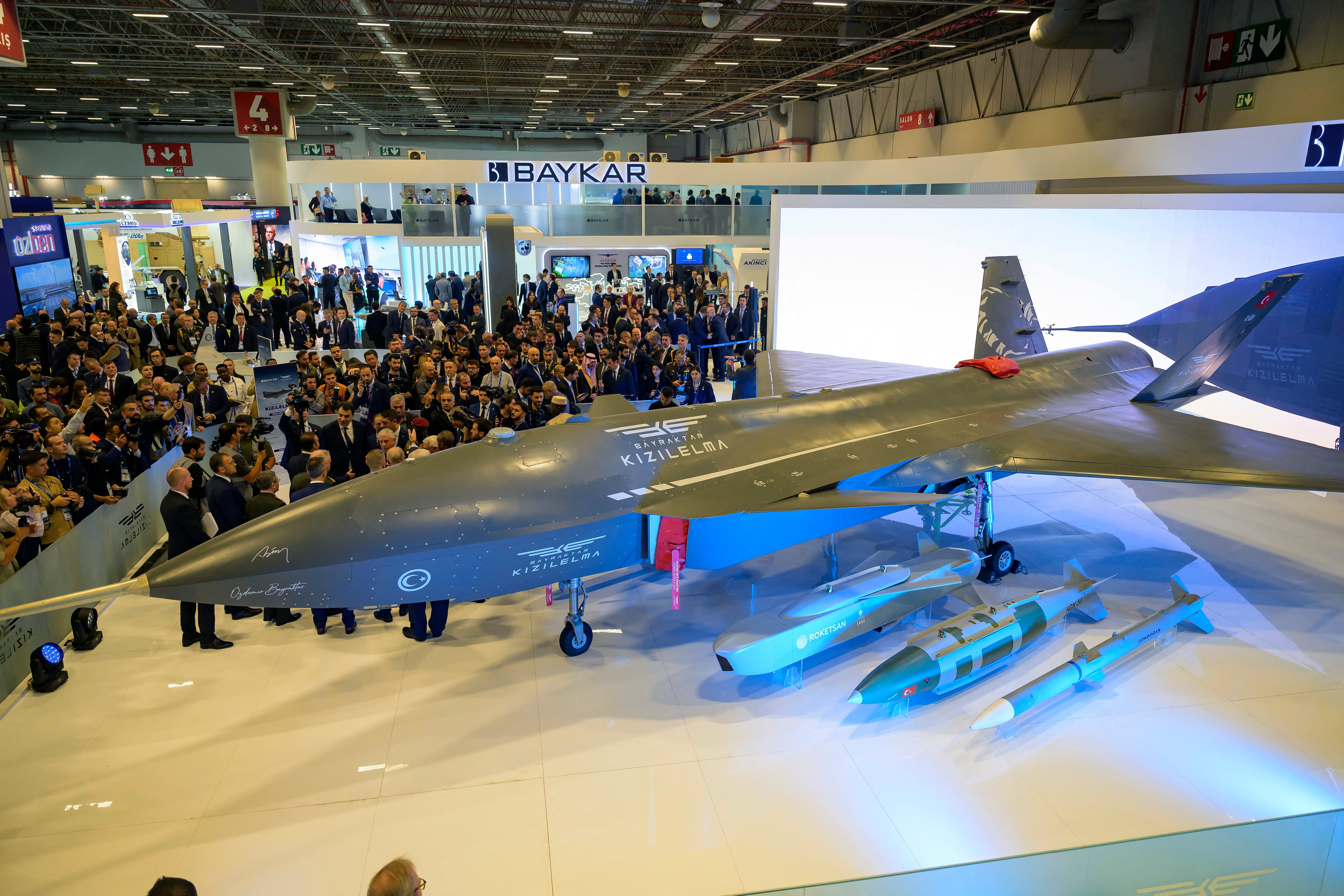Dana Deasy, the Department of Defense’s new CIO, said he sees four critical areas to support the national defense strategy and digital modernization: cloud, artificial intelligence, command, control and communications, and cyber.
Speaking at an event hosted by Defense Systems in Arlington July 11, Deasy said those initiatives are listed not in order of importance, but rather in order of integration. Cloud is the foundation for many future warfighting capabilities as well as the other three priorities.
As a result, the much anticipated Joint Enterprise Defense Infrastructure proposal is “not a longs ways off, [but] we have a bit more work to do before we release,” he said.
Despite not committing to a specific release date for the multibillion dollar JEDI proposal, Deasy said he wants the overall JEDI effort to be comprehensive, clear and maximize responses.
The proposal, he said, should be written in a way “that truly represents what any smart intelligence company in private industry would do in seeking to put an enterprise cloud in place.”
RELATED

Deasy, who has been on the job about two months, acknowledged the department doesn’t have a true enterprise capability that will deliver the efficiencies on the scale it needs. Since taking over the JEDI acquisition, he said there is a top down, bottom up review of the effort.
RELATED
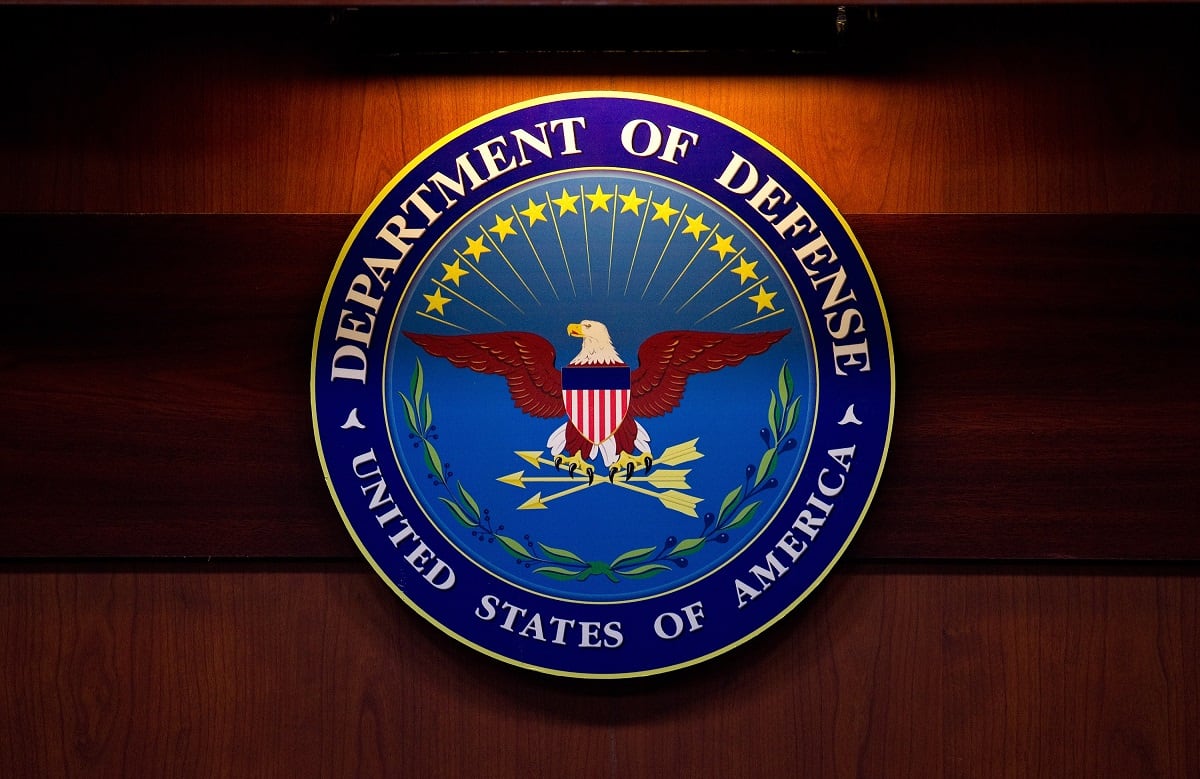
Ideally, an enterprise solution should allow for flexibility, management of classified and unclassified data, scalable in the form of both infrastructure as a service and platform as a service, have common governance and will eventually be a multi-cloud, multi-vendor environment. he said.
In his remarks, Deasy also highlighted the recently established Joint Artificial Intelligence Center. The center, he said, will advance DoD’s ability to organize AI capability delivery and technology understanding within DoD.
RELATED
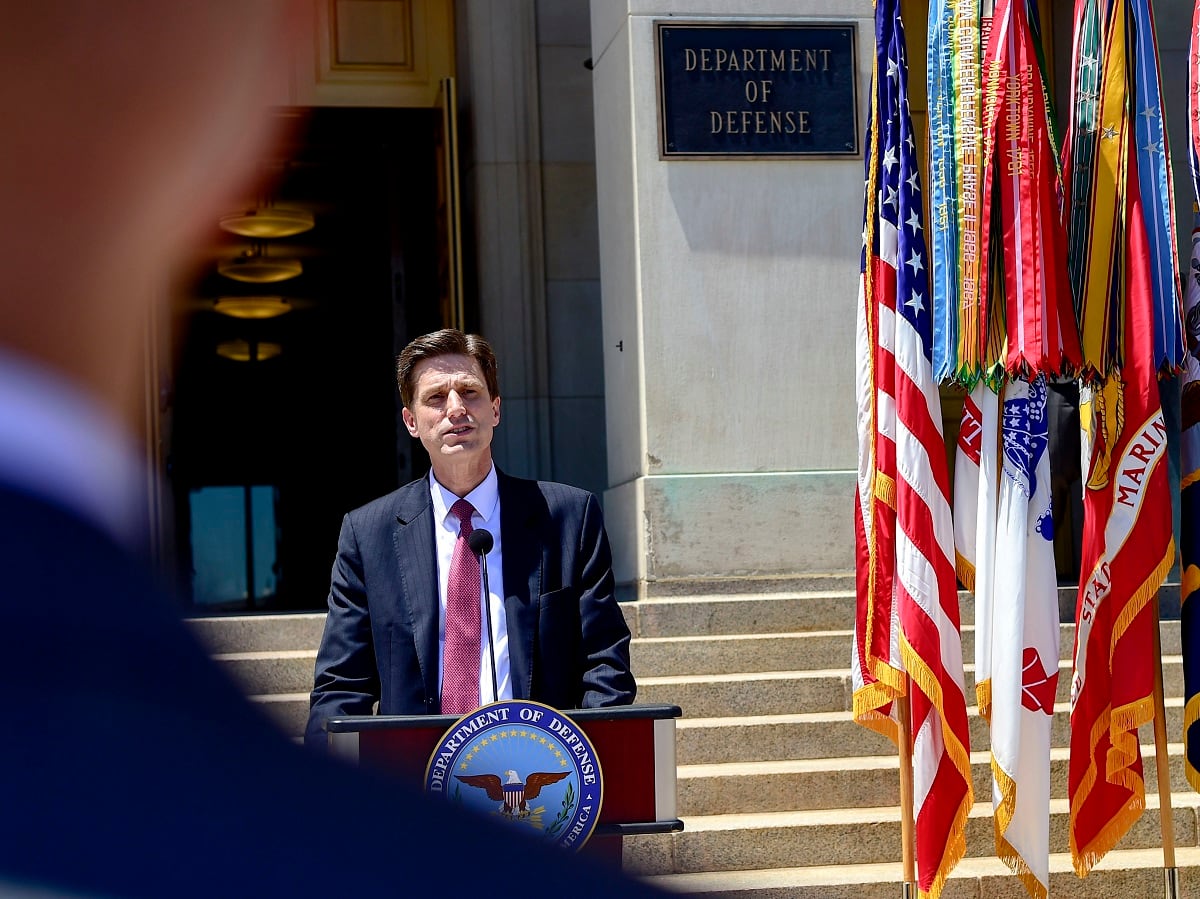
The center will also help to attract and cultivate much needed talent in the AI space, he added, demonstrating successful intersection of human ingenuity and advanced computing to include ethics, humanitarian considerations and both short term and long term AI safety.
Mark Pomerleau is a reporter for C4ISRNET, covering information warfare and cyberspace.

